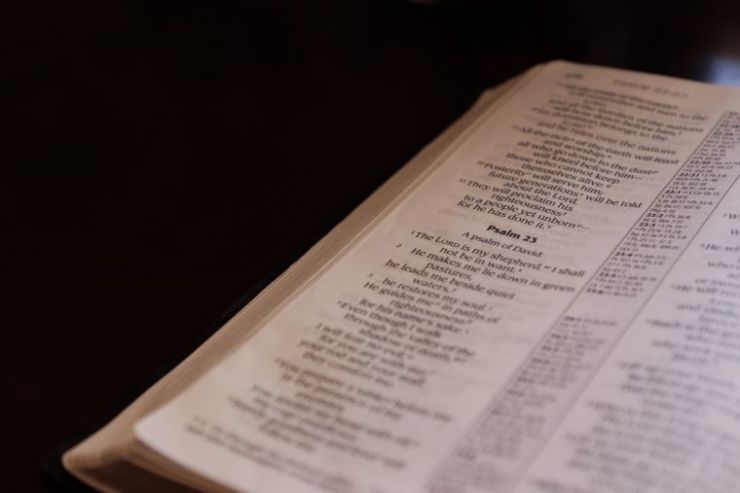
Memories are peculiar things, deeply personal cognitive enactments of reality, emotion, with a hint of imagination. Our minds may truly remember snapshots of situations, perhaps the feelings or sense. I like to think that I have a good memory, particularly when it comes to people and important moments.
My great grandmother passed away several years ago. The most poignant of my memories I share of her is the time I spent with her a few days before her death.
I remember she had delicate almost translucent skin which was detailed with fine wrinkles and purple veins. Her hair was white, not grey like most elderly but true white. Her body was small and fragile, yet she appeared strong.
I often think you can tell a lot about someone by their eyes. Whether they be bright or dull, empathetic, or cold. It saddens me to think that I don't truly remember the exact shade of her blue eyes. What I do remember is that her eyes divulged that she carried deeper wisdom and understanding than she wished to disclose.
Reading Psalm 23
My grandmother was a Christian woman with a longstanding faith. As a rest home recluse, she spent many hours reading scripture, listening to sermons, and engaged in prayer.
When the time came for her final stage in her earthly journey she had no fear, she simply wanted to return home.
Our final conversation together was a request for me to read her Psalm 23, and that I did. I read it and read it. Over and over. It was not the first time I had read the scripture but this time I read it with a new perspective.
There is something inherently powerful about reciting scripture out loud. Reciting the Psalm was to experience it and to allow it to restore the soul.
Knowing God
John Piper, in his sermon titled "Restful words for Labour Day, 1980", explains that the Psalms reveal the importance for theology and prayer to be interwoven. By doing this we ensure that we are feeling God's reality in our hearts as well as our heads.
In Psalm 23, verses 1 to 3 David writes,
"The Lord is my shepherd, I lack nothing.
He makes me lie down in green pastures,
he leads me beside quiet waters,
he refreshes my soul.
He guides me along the right paths
for his name's sake."
David acknowledges God's sovereignty, provision, and holiness. He acknowledges the truths that he has been taught to believe and knows in his own mind to be true.
In Psalm 23, verse 4-6,David switches from using "he" to "you" as shown in the following verses.
"Even though I walk
through the darkest valley,
I will fear no evil,
for you are with me;
your rod and your staff,
they comfort me.
You prepare a table before me
in the presence of my enemies.
You anoint my head with oil;
my cup overflows.
Surely your goodness and love will follow me
all the days of my life,
and I will dwell in the house of the Lord
forever."
John Piper suggests that the switch to "you" at the time of entering the valley of death resonates universally among believers. It is the crises of life which draw us closer to God. Piper continues to explain, that we are more likely to talk about the green pastures when life is going well and to cry out to God when we are in a valley.
The importance of faith
My great grandmother lived a faithful life. Although her last years stole much from her in terms of health, mobility, and her ability to communicate, she remained devoted to Christ.
I believe she chose Psalm 23 to be her final scripture because it surmised to all of us present that she knew that in God's holiness, He is sovereign. Her prayer was that we too would learn to seek God before all else because He is always good.
Republished from Christian Today UK.




